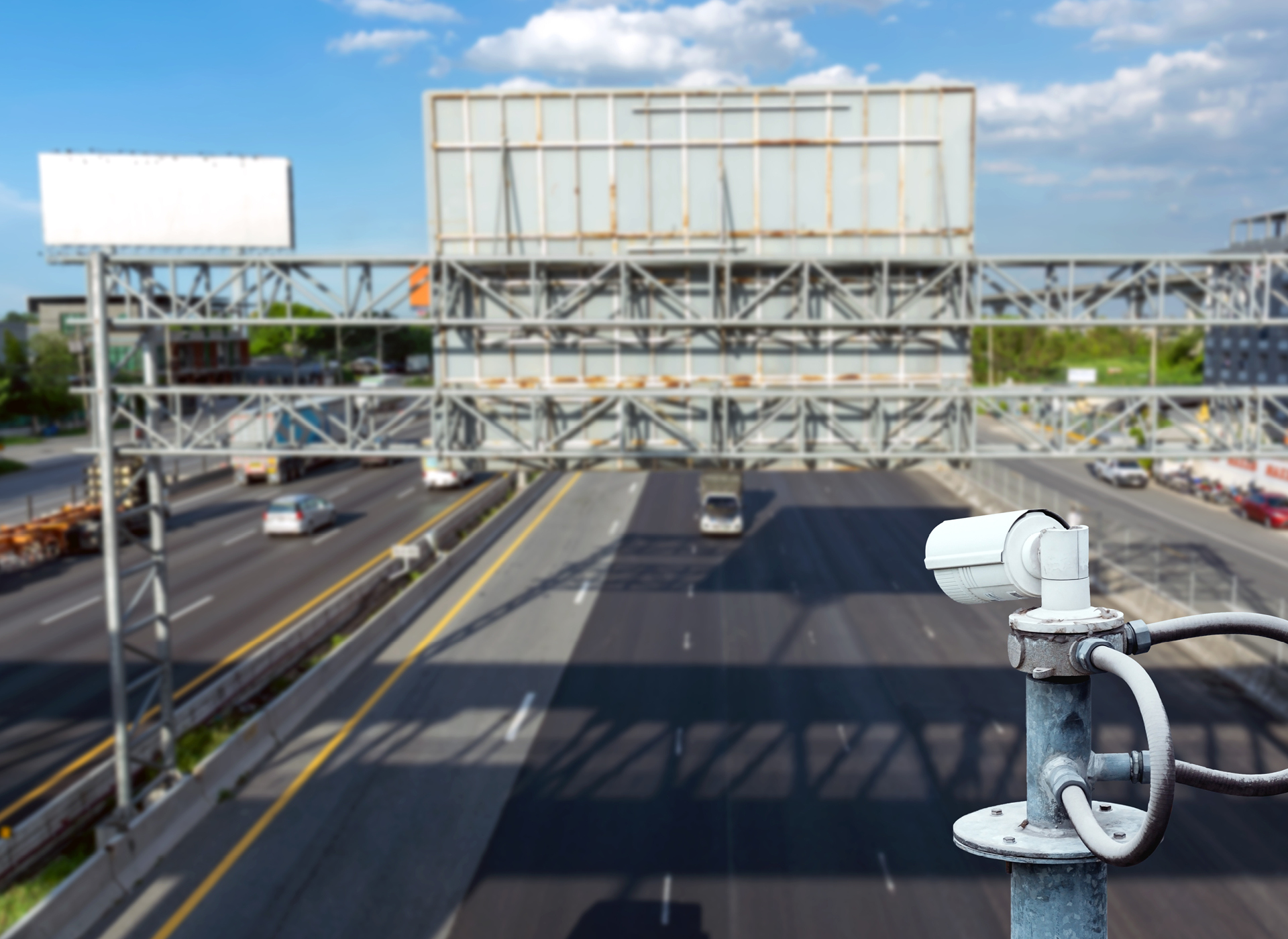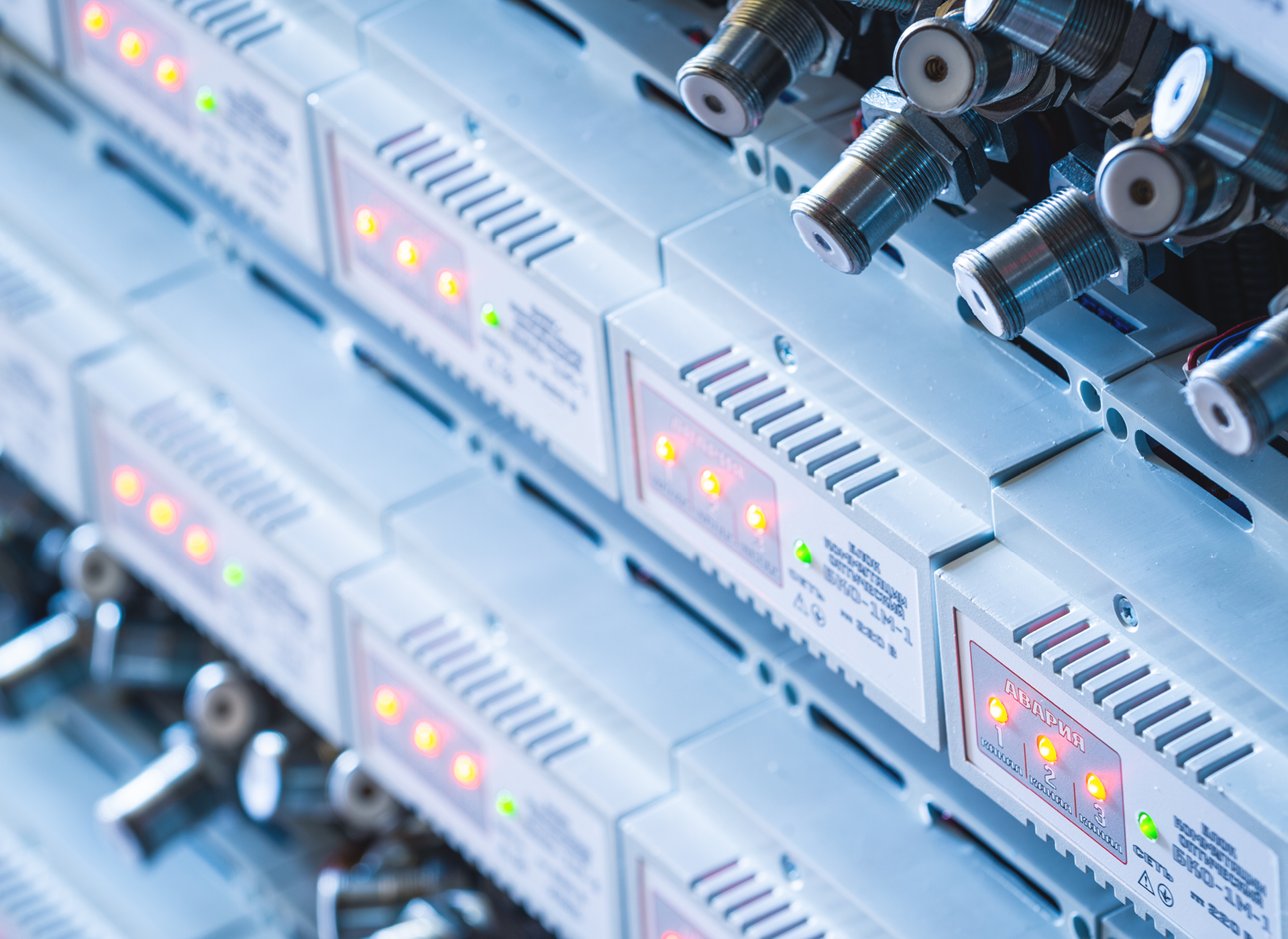In recent months there has been much talk about artificial intelligence logarithms, machine learning software and the integration of robotics in the logistics sector. But what is behind these concepts and how will they influence the functioning of supply chains in the future? Here we are going to tell you.
What is artificial intelligence?
Artificial intelligence, known by the acronym AI, is related to computer science that is demonstrated with the development of mechanisms that behave intelligently or, in other words, systems that think. These systems have programming that, like our brain, accumulates information that can then autonomously use this knowledge. Although the term artificial intelligence was coined in the 1950s, the accelerated technological and scientific development we see today has made it a reality that will have repercussions not only in the logistics sector but also in society as a whole.

Smart roads
Predictive analytics is closely linked with artificial intelligence, allowing logistics professionals to cope with constant fluctuations in demand in an increasingly unstable world (pandemics, international conflicts, weather events). An essential field for implementing artificial intelligence is smart road technology, creating more efficient and sustainable roads and highways. Let’s take into consideration today’s future forecasts.
These predict that we will have more than forty urban centers with more than ten million inhabitants and an upward trend towards urbanization by the end of this decade. The ground transportation of goods moving forward faces an unprecedented challenge.
Artificial intelligence is essential for the design of new, more sustainable and efficient infrastructures.
For systems that work with artificial intelligence to learn and apply this knowledge, they need the maximum amount of information (big data). When more information is made available to software, less human intervention is necessary. To collect the information needed in real-time, future roads will have sensors, intelligent traffic lights, cameras and loT radars, significantly improving traffic flow, saving costs and time.

Scenario simulation
Platforms with artificial intelligence engines may also influence decision-making in the logistics sector in the future. These systems work with software capable of joining data that is not typically combined. Next, millions of scenarios are simulated for each request, obtaining the best solutions for specific management in real-time. Thus, supply chains can obtain valuable information on the evolution of demand and the prediction of prices.
From robots to cobots
The transportation industry is beginning to rely less on manual operations, especially in warehousing and packaging tasks, using cobots (collaborative robots). Unlike robots, their primary function is to help employees with heavier or more dangerous jobs. In addition, they can implement artificial intelligence applications. They can collect and analyze information and then apply it to a specific task based on existing warehouse or packaging chain conditions. In the future, these machines will even be able to predict and diagnose errors thanks to machine learning.
The evolution of artificial intelligence technologies is still in its infancy, but it will influence the functioning of tomorrow’s supply chains.

